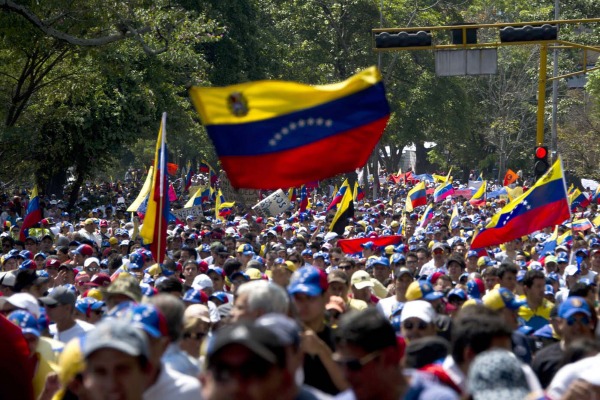Obama & Latin America: New Beginnings, Old Frictions
Today, signs of frustration are unmistakable in Washington and in many Latin American capitals, despite Obama’s immense personal appeal and the continued promise of a more productive partnership.
In his April 17 op-ed, “Venezuela and the eclipse of U.S. leadership,” Jackson Diehl accurately depicted the hell Venezuelans are living in. He put some of the blame on declining U.S. leadership in inter-American affairs. True, Washington no longer exerts the clout it once did in a region that has become increasingly confident and assertive on the global stage. That was evident in 2009 following a military coup in Honduras. Washington was unable to pressure the de facto government that took power in that small Central American country to step down. Moreover, in the early days of Hugo Chávez’s rule in Venezuela, the United States couldn’t disguise its glee after a coup attempt in 2002, and Washington alienated all Latin American nations. Mr. Chávez was radicalized and tightened his grip.
Mr. Diehl was right that the United States can do a better job of marshaling regional support to pressure the Venezuelan regime, but governments have also held back for pragmatic economic and ideological reasons, keeping distance from what might be perceived as a U.S.-led effort to topple a Latin American government. While the endgame may be near, the regime is entrenched and sits on the world’s largest oil reserves. Applying “serious economic sanctions” would do little other than deepen the misery of many Venezuelans.
Today, signs of frustration are unmistakable in Washington and in many Latin American capitals, despite Obama’s immense personal appeal and the continued promise of a more productive partnership.
Despite continued tensions among the Andean countries, four U.S. ambassadors painted an encouraging picture of regional stability.
Even with loaded dice, Chávez may be running scared. What to do to preserve power? That’s all that has ever mattered.
 Marquinam / Flickr / CC BY-NC-ND 2.0
Marquinam / Flickr / CC BY-NC-ND 2.0